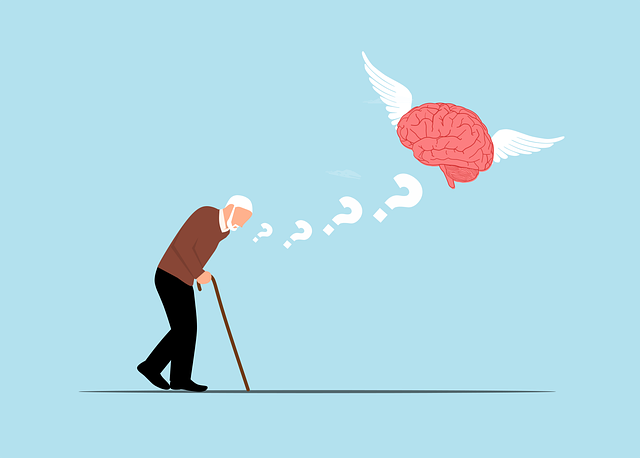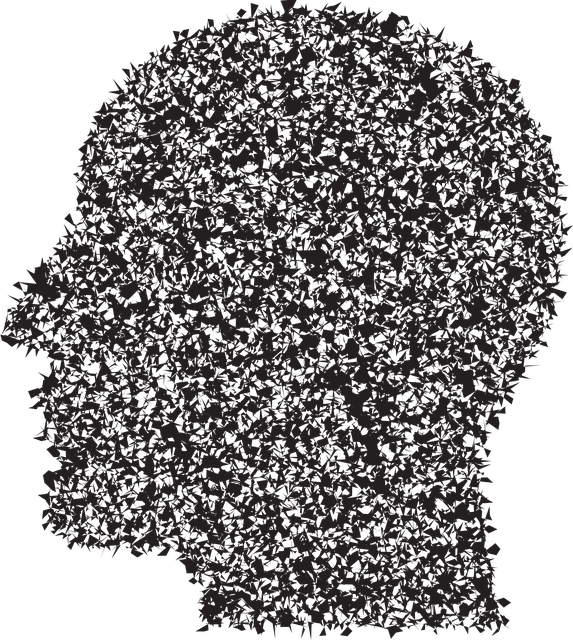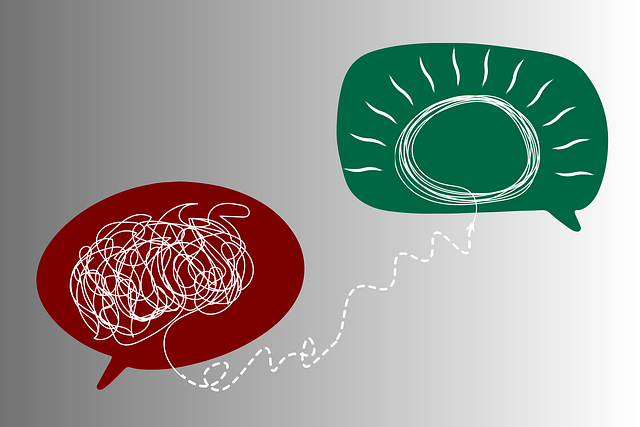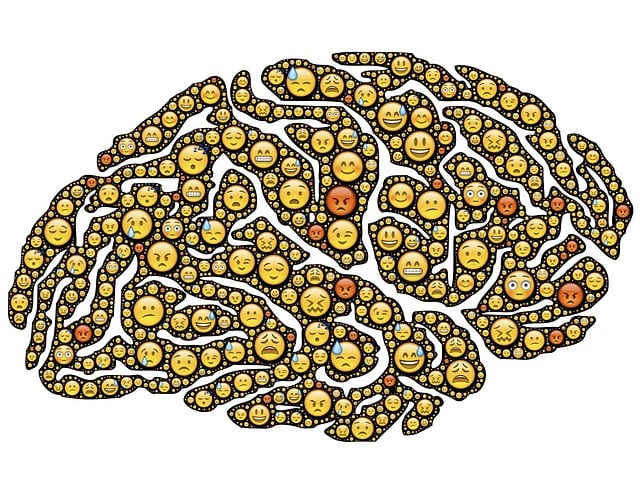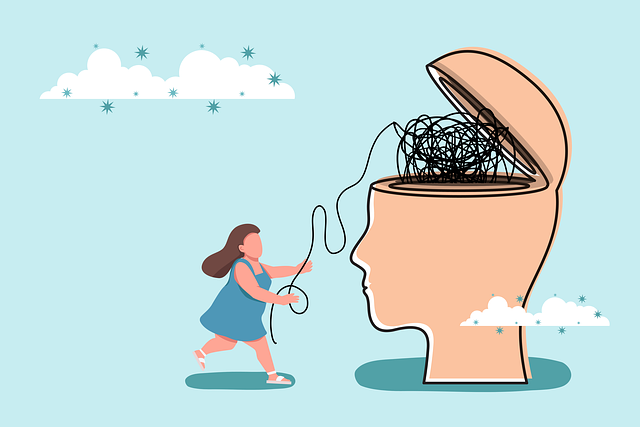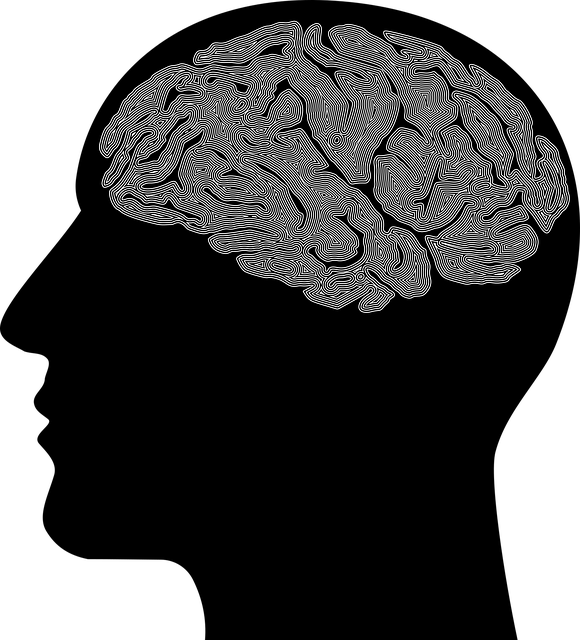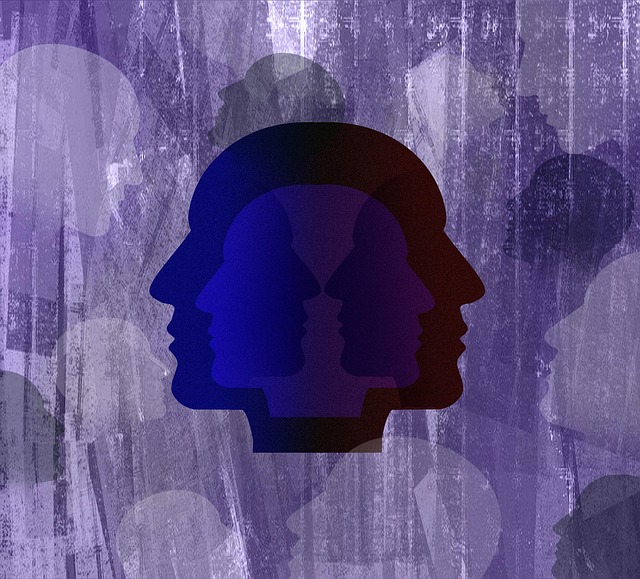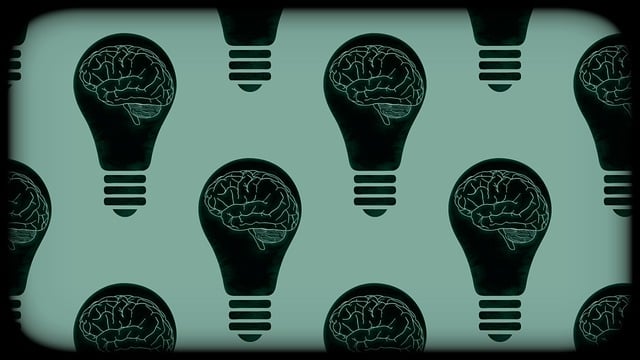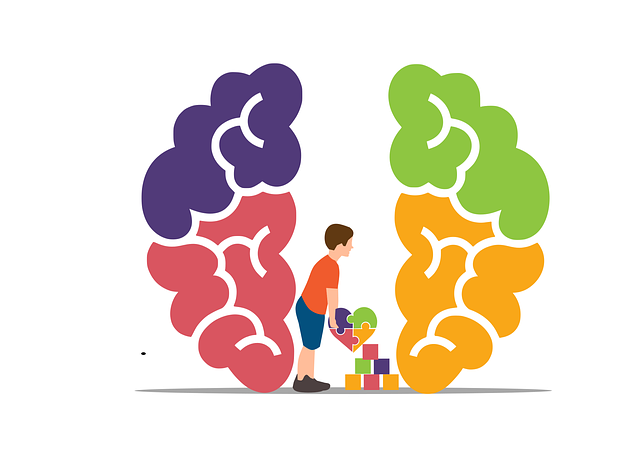Aurora Children Therapy tackles the pervasive stigma around mental illness in young minds through innovative strategies like play, art, and storytelling. By educating communities via public awareness campaigns, preventing healthcare provider burnout, and fostering open conversations, they empower children to manage moods, understand emotions, and seek help without fear of judgment. Through workshops, seminars, and events, Aurora Children Therapy promotes empathy, early intervention, and self-care, normalizing mental health discussions and creating an inclusive environment where well-being is prioritized.
Mental illness stigma remains a significant barrier to seeking help, impacting millions. This article explores targeted efforts to reduce this harmful societal construct, focusing on its profound effects on mental well-being. We introduce innovative approaches like Aurora Children Therapy, which offers unique strategies for stigma reduction. Additionally, we highlight the power of community engagement and education in building supportive networks that foster understanding and acceptance.
- Understanding Stigma and its Impact on Mental Health
- Aurora Children Therapy: A Innovative Approach to Stigma Reduction
- Community Engagement and Education: Building a Supportive Network
Understanding Stigma and its Impact on Mental Health

Stigma surrounding mental illness is a pervasive issue that significantly impacts individuals’ willingness to seek help and maintain their overall well-being. This societal bias often manifests as negative attitudes, beliefs, and stereotypes about people experiencing mental health challenges, creating a culture of secrecy and shame. At Aurora Children Therapy, we recognize that understanding the depth of this stigma is crucial in our efforts towards its reduction. When left unaddressed, it can lead to severe consequences, such as social isolation, discrimination, and even increased symptoms for those affected.
Public Awareness Campaigns Development plays a pivotal role in fighting this stigma. By educating communities about mental health, we can foster empathy and dispel myths. Additionally, Burnout Prevention Strategies for Healthcare Providers are essential to ensuring professionals remain compassionate and effective in supporting individuals navigating their mental health journeys. Encouraging open conversations and promoting Confidence Boosting initiatives can further empower those affected, allowing them to embrace support without fear of judgment.
Aurora Children Therapy: A Innovative Approach to Stigma Reduction

Aurora Children Therapy is a pioneering initiative that aims to challenge and reduce the stigma surrounding mental illness, particularly in young minds. By employing creative and engaging strategies, this therapy program focuses on fostering open conversations about emotional well-being and mental health awareness among children. Through interactive sessions, kids learn valuable tools for mood management and gain a deeper understanding of their emotions, thereby boosting their confidence to navigate life’s challenges.
The innovative approach of Aurora Children Therapy involves using play, art, and storytelling as therapeutic methods, making it an appealing and effective way to engage young individuals. By normalizing discussions about mental health, this therapy empowers children to recognize and express their feelings, breaking down the barriers created by societal stigmas. It’s a refreshing take on mental health support, ensuring that kids develop essential coping mechanisms from an early age.
Community Engagement and Education: Building a Supportive Network

Community engagement and education play a pivotal role in reducing the stigma surrounding mental illness. By fostering open conversations and providing accurate information, Aurora Children Therapy aims to create a supportive network that encourages empathy and understanding. This involves organizing workshops, seminars, and community events focused on raising awareness about various mental health conditions, dispelling myths, and promoting early intervention. Such initiatives empower individuals to recognize signs of distress in themselves and others, fostering a culture where seeking help is normalized.
Through these efforts, the community can develop resilience against stigma, supporting those facing mental health challenges. Encouraging self-care routine development for better mental health, resilience building, and self-awareness exercises strengthens individual coping mechanisms while reinforcing the importance of prioritizing mental well-being. Ultimately, these educational interventions contribute to a more inclusive and supportive environment where everyone feels valued and supported.
In conclusion, mental illness stigma reduction is a multifaceted endeavor that requires both individual understanding and collective action. By shedding light on the profound impact of stigma, such as in the context of children’s mental health, we can foster empathy and promote innovative solutions like Aurora Children Therapy. Engaging communities through education builds supportive networks, ultimately creating an environment where everyone feels empowered to seek help without fear of judgment.
